ABA Commission on Ethics is Good News for Legal Marketing
I am thrilled that the ABA Commission on Ethics 20/20 recommends no new restrictions on online lawyer marketing. They have caught up to 2011 and realized what we already knew -- that rules governing offline marketing also apply online.
The enlightened Commission recognized that prohibiting Internet and other forms of electronic advertising would actually impede the flow of information about legal services to the public. This is very refreshing to hear.
It appears the Commission listened to the deluge of comments they received in September 2010 regarding their initial exploration of regulating Internet based client development tools. All the people I talked to about it took the view of “hands off the Internet.”
Their proposed revisions of the Model Rules are actually helpful. In Model Rule 1.18, the commission recommends that lawyers post warnings or cautionary statements on their websites and online communications – which most law firms do already.
Clarifying Rule 7.2 against paying others to recommend a lawyer, the Commission defined a “recommendation” as endorsing a lawyers’ credentials, abilities or qualities. The helpful part is where the Commission says this rule does not apply to Internet ads – even those annoying pop-ups – and it does not apply to paying others to generate clients leads, such as internet-based client leads – which is a major step forward. The economy is bad enough for lawyers and they need to be able to advertise and purchase leads now.
Finally they define the ambiguous term “solicitation” in Rule 7.3 to be a targeted communication at a specific potential client. This means that banners ads, websites and other communications to the general public do not constitute a solicitation.
This is good news indeed.
 Here's some good news: the ABA Commission on Ethics 20/20 recommends no new restrictions on online lawyer marketing!
Here's some good news: the ABA Commission on Ethics 20/20 recommends no new restrictions on online lawyer marketing! David Ackert recently interviewed Barry Kurtz for
David Ackert recently interviewed Barry Kurtz for  Barry Kurtz interview – excerpt
Barry Kurtz interview – excerpt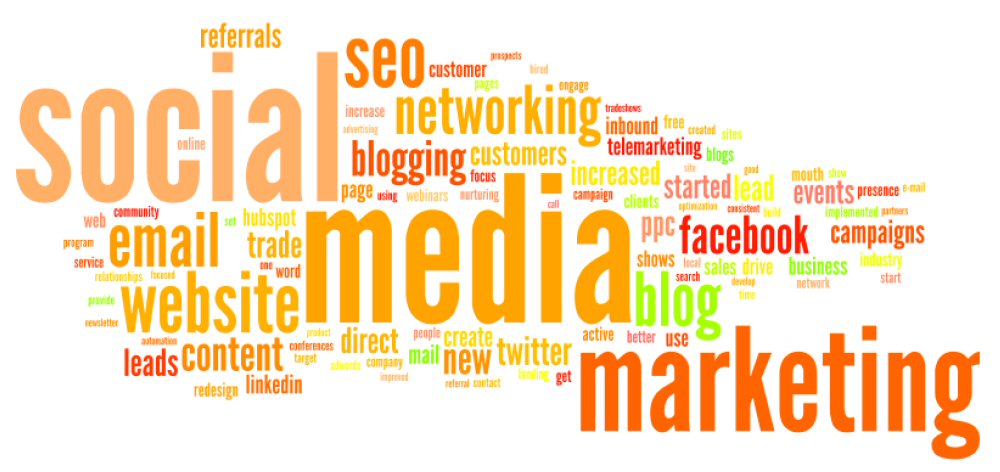 Seventy-eight percent of the executives surveyed recognized that having a social strategy is critical to the future success of their businesses.The survey was conducted by
Seventy-eight percent of the executives surveyed recognized that having a social strategy is critical to the future success of their businesses.The survey was conducted by 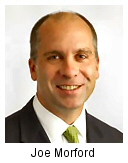 Here's a marketing distinction that resonates with clients: the
Here's a marketing distinction that resonates with clients: the .png) Whether you know what a QR code is or not (see mine at right), I recommend you take the
Whether you know what a QR code is or not (see mine at right), I recommend you take the .jpg) From
From 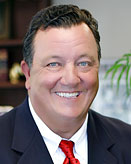 I found these great marketing tips in
I found these great marketing tips in 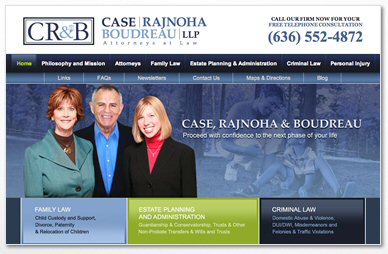 I was just on a webinar about the
I was just on a webinar about the  The new chief marketing officer of global megafirm Sidley Austin is my friend
The new chief marketing officer of global megafirm Sidley Austin is my friend 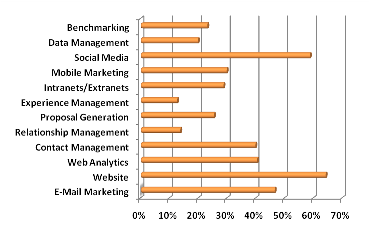
 Most of us missed the news that
Most of us missed the news that  As I've long maintained, there is only one directory, one video network, one email resource to be truly concerned with: Google. Confirming this, Google’s websites had more than
As I've long maintained, there is only one directory, one video network, one email resource to be truly concerned with: Google. Confirming this, Google’s websites had more than 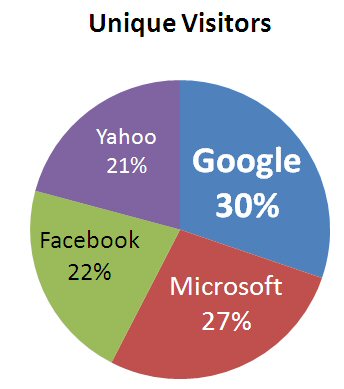 Microsoft: 905,000,000, up by 15%
Microsoft: 905,000,000, up by 15%  Yes, it has become necessary to copyright or trademark your law firm name and register your service mark (aka tagline). You'd think you already have a possessory interest or right of privacy in your own name. But that's not true on the Internet, as two law firms found out the hard way in recent copyright litigation.
Yes, it has become necessary to copyright or trademark your law firm name and register your service mark (aka tagline). You'd think you already have a possessory interest or right of privacy in your own name. But that's not true on the Internet, as two law firms found out the hard way in recent copyright litigation..gif) The number of recent law graduates going solo jumped from 3.5% in 2008 to 5.5% in 2009 -- the biggest one-year jump in two decades, according to the National Association for Law Placement (NALP). The loss of 54,000 legal services jobs in the last three years is a driving force.
The number of recent law graduates going solo jumped from 3.5% in 2008 to 5.5% in 2009 -- the biggest one-year jump in two decades, according to the National Association for Law Placement (NALP). The loss of 54,000 legal services jobs in the last three years is a driving force.
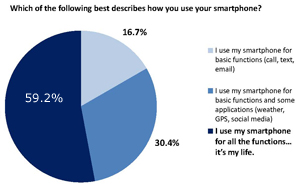 Half of smartphone owners say "It's My Life!" A majority of smartphone users are fully integrating their devices into every aspect of their daily lives, according to a new smartphone survey conducted by
Half of smartphone owners say "It's My Life!" A majority of smartphone users are fully integrating their devices into every aspect of their daily lives, according to a new smartphone survey conducted by 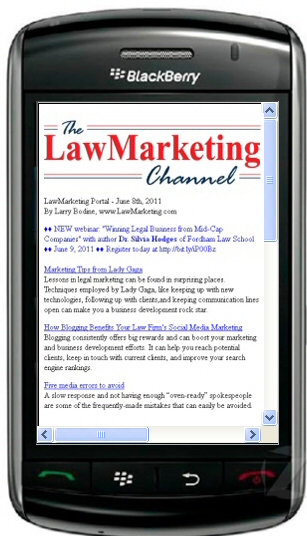
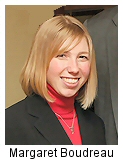 Join us as we check in with the $50,000 marketing makeover contest winner, Case, Rajnoha and Boudreau in St. Louis to examine their
Join us as we check in with the $50,000 marketing makeover contest winner, Case, Rajnoha and Boudreau in St. Louis to examine their .jpg)
.jpg) Attendees have been most interested on which of the social media is the most effective: Facebook, LinkedIn or YouTube. Each is effective in its own way, depending on the kind of clients and legal work you want. I'll go into detail about this question at the program.
Attendees have been most interested on which of the social media is the most effective: Facebook, LinkedIn or YouTube. Each is effective in its own way, depending on the kind of clients and legal work you want. I'll go into detail about this question at the program.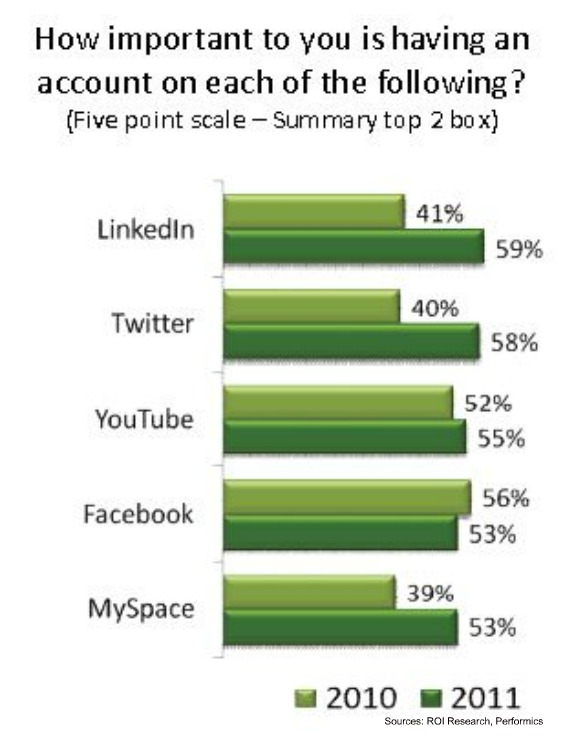 Twitter and YouTube also beat Facebook.Twitter (58%) and YouTube (55%) also had a higher percentage of online consumers ranking them as important.
Twitter and YouTube also beat Facebook.Twitter (58%) and YouTube (55%) also had a higher percentage of online consumers ranking them as important.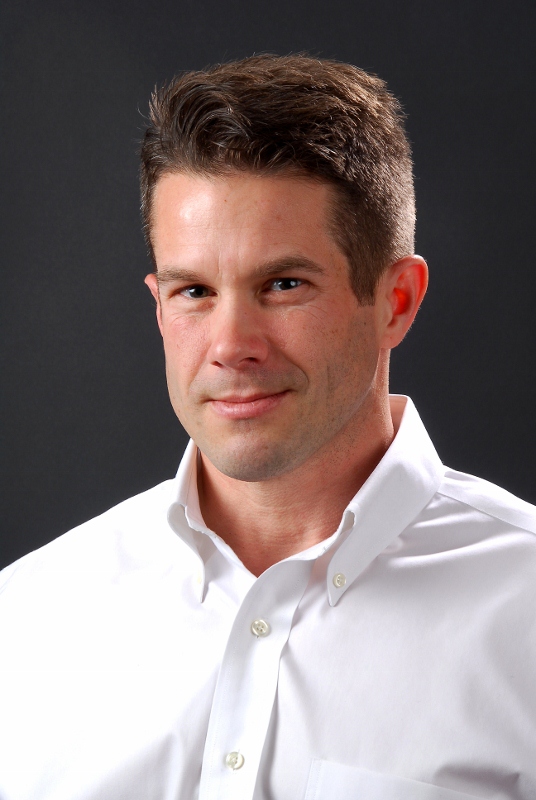
 From my article in
From my article in .jpg) "Mass over-distribution of Yellow Pages has degraded our environment and blighted our neighborhoods," said San Francisco Board of Supervisors President David Chiu, the lead sponsor of a
"Mass over-distribution of Yellow Pages has degraded our environment and blighted our neighborhoods," said San Francisco Board of Supervisors President David Chiu, the lead sponsor of a .jpg) Did you know that advertising, unsolicited newsletters and the legal press are irrelevant in getting legal work from a medium sized business?
Did you know that advertising, unsolicited newsletters and the legal press are irrelevant in getting legal work from a medium sized business? 


